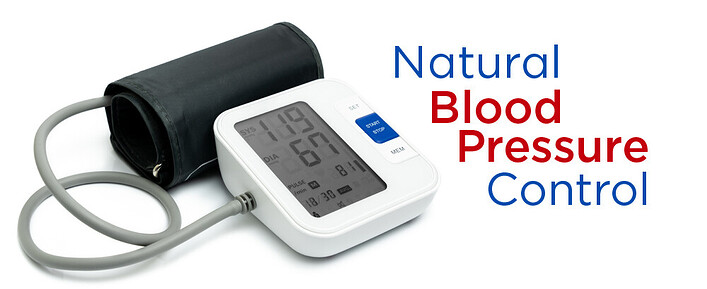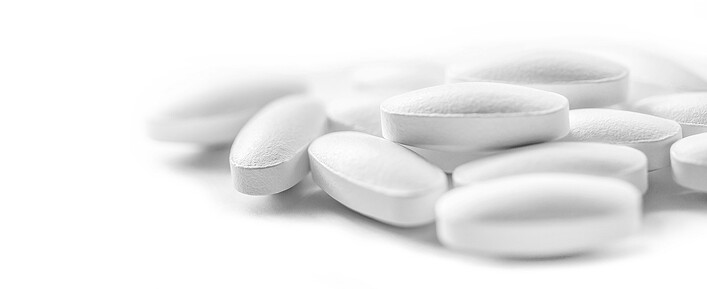by Chris Shugart
Some people need blood pressure medications, but some just have a mineral deficiency. Here's what you need to know.
As you hit middle age, there's a pretty solid chance your doctor will shove a blood pressure pill down your throat, even if you're a fit T Nation follower. You might need it... and you might not.
It's a controversial issue. In 2017, the American Heart Association lowered the blood pressure thresholds, effectively shifting the goalposts. A reading considered normal one day suddenly became elevated or high the next. Overnight, millions of people "needed" blood pressure meds.
Critics say these blood pressure guidelines are too narrow. Some even point to the influence of pharmaceutical companies, which fund many trials and guideline panels. Move the goalposts and, magically, the market for your product expands and the dollar bills pile up.
Blood pressure medications are tricky devils, too. If you're taking one you really don't need, you'll feel tired and lazy. You'll get dizzy, nauseous, or lightheaded. (Some theorize that elderly folks fall often not because of muscle weakness but because their blood pressure medications give them the spins.) Depending on the type of drug, exercise tolerance can be reduced, and you might retain water. Some BP drugs are even linked to depression.
Yes, blood pressure meds can save lives when lifestyle interventions fail. A lot more people would have strokes and heart attacks without them. But if your doctor reflexively whips out the prescription pad when your blood pressure is only classified as "Elevated" or "Stage 1," you might want to do some extra research before filling it.
Now, a new study found that correcting a super-common mineral deficiency significantly lowers blood pressure. Doesn't it make sense to fix a nutrition problem before taking a drug with unpleasant side effects? I think so. Let's get into it.
The Study
In this study – an umbrella meta-analysis involving over 8600 people – researchers found that taking 400 mg of magnesium daily for 12 weeks reduced blood pressure:
- Systolic: -6.38 mmHg
- Diastolic: -3.71 mmHg
To put that into perspective, that's about as effective as the gentler blood pressure meds. And if you look at the current blood pressure thresholds, that's often enough to bump you down a category. For example, correcting a magnesium deficiency could drop you from "Stage 1 Hypertension" to "Elevated." Or it could drop you from "Elevated" to "Normal."
Obviously, if someone is in Stage 2 or "Hypertension Crisis" mode (the go-to-the-ER-immediately stage), they'll still need medication. But given all the other bad things that occur with magnesium deficiency, it's still worth correcting.
What to Take
In the meta-analysis above, people used all types of magnesium supplementation. However, some forms can cause diarrhea at the dosage required for blood pressure control, while others aren't easily absorbed and utilized by the body.
The most bioavailable form is glycinate chelate. Biotest Elitepro Vital Minerals (Buy at Amazon) contains 400 mg of this highly absorbable form.
Bonus: If you really want to keep your blood pressure in check, eat this food daily.
Reference
- Alharran. Et al. Impact of Magnesium Supplementation on Blood Pressure: An Umbrella Meta-Analysis of Randomized Controlled Trials. Curr Ther Res Clin Exp. 2024 Jul 31;101:100755.


